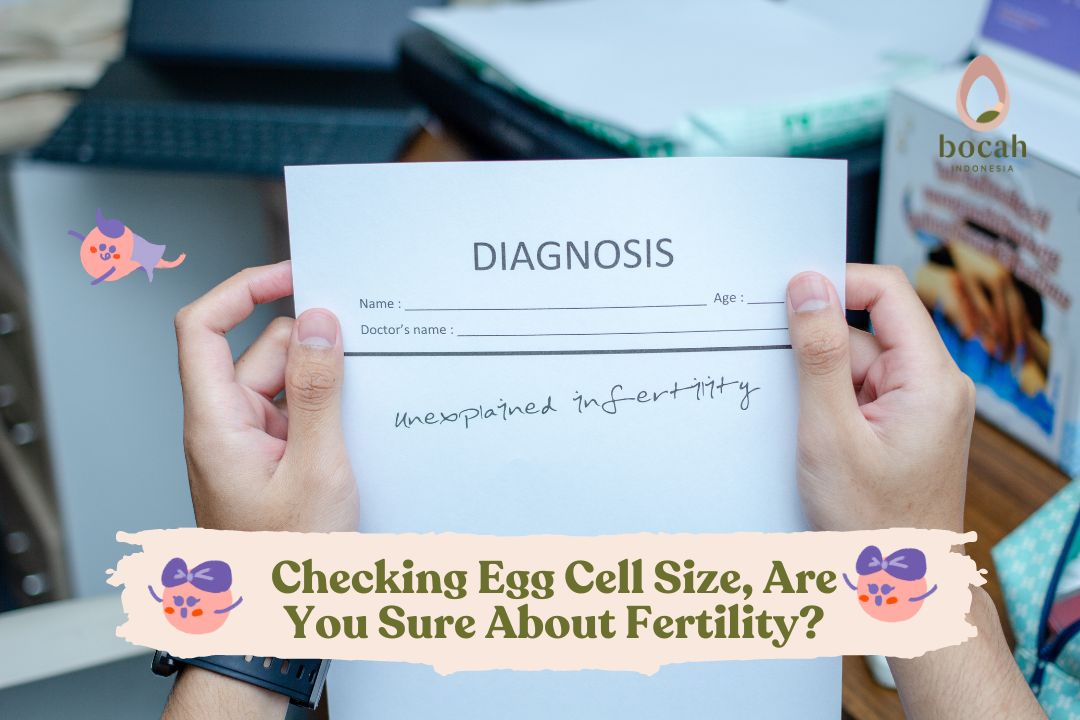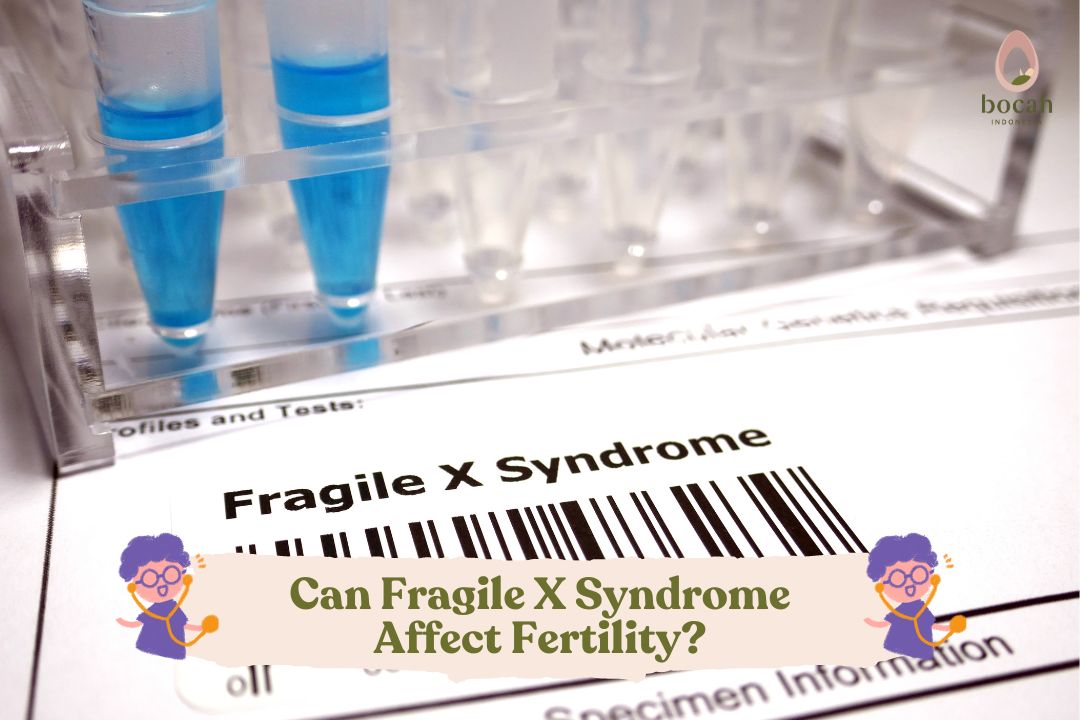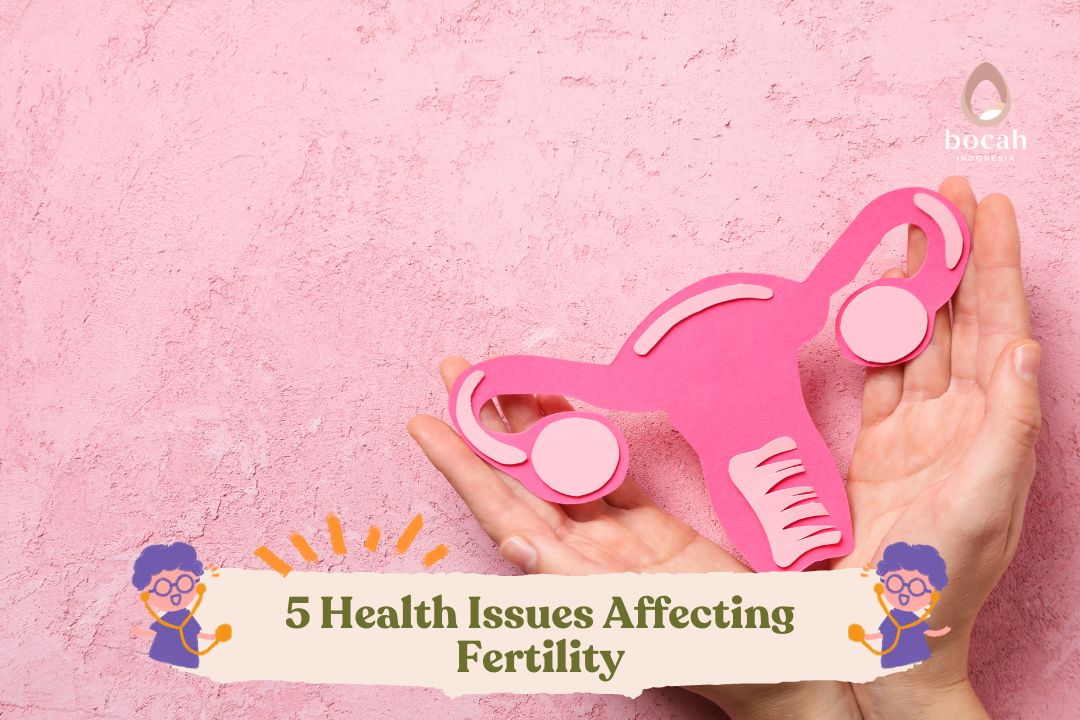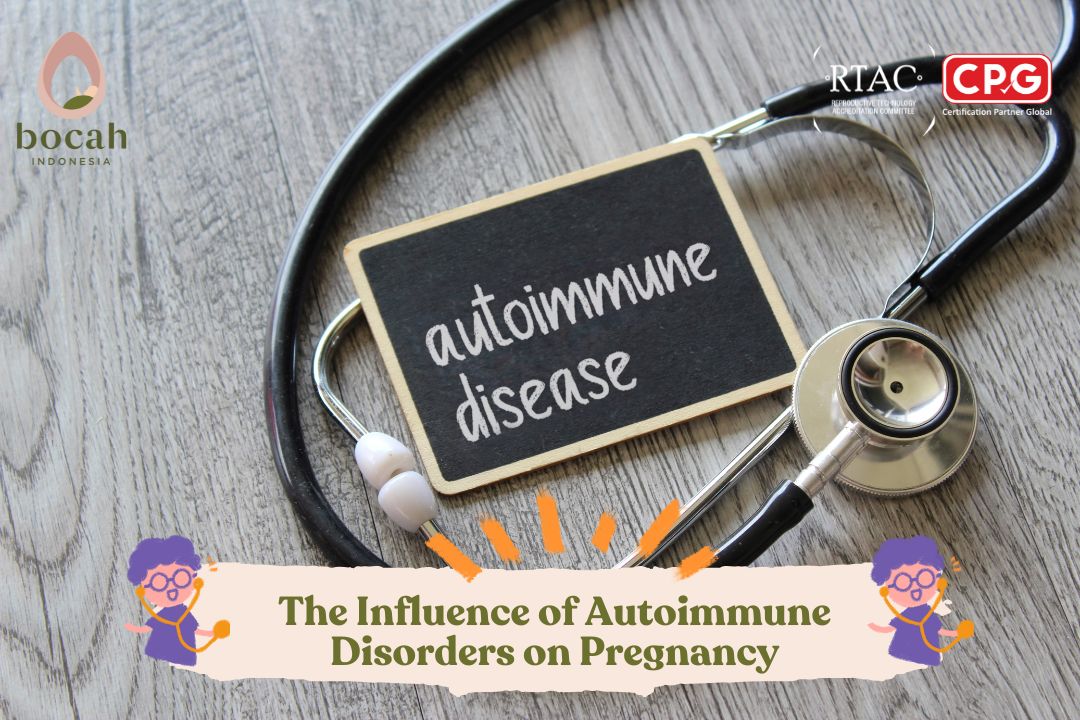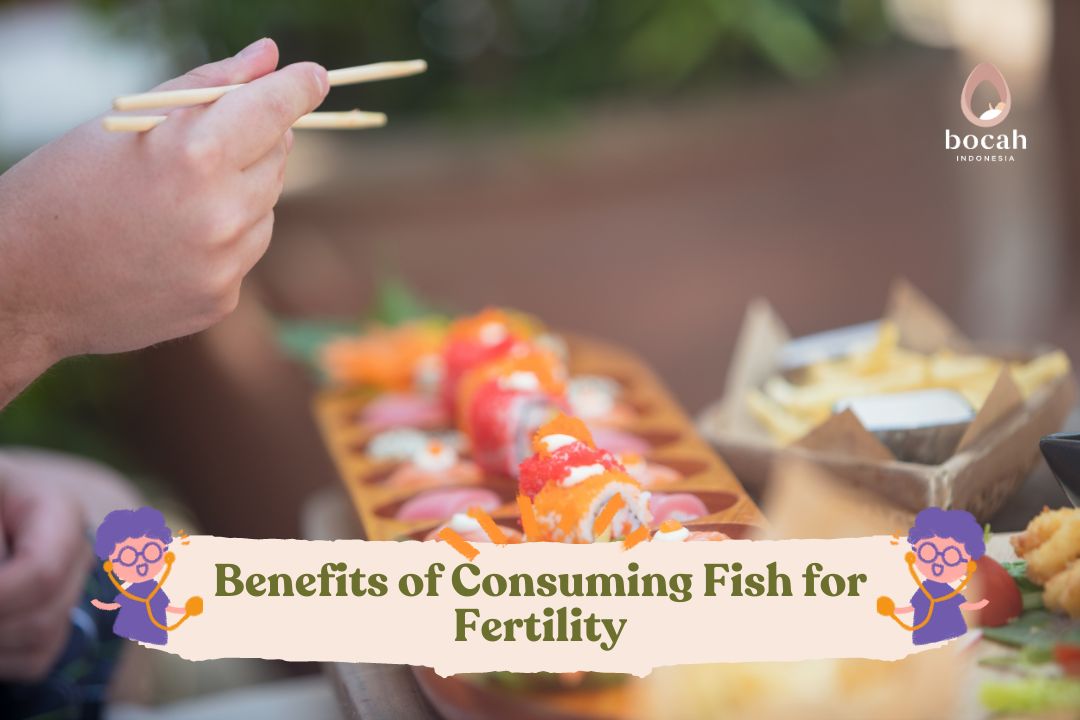
Fish is one of the most nutrient-rich foods. Therefore, consuming fish is beneficial as it offers numerous benefits for both health and fertility.
For parents who may not enjoy eating fish, it’s advisable to start incorporating seafood into your diet. Fish is a rich source of protein and omega-3 fatty acids, both of which play important roles in health and fertility.
Consuming fish is also recommended for those planning to conceive. This is because omega-3 fatty acids provide significant benefits for fertility. Omega-3 is one of the nutrients that the body cannot produce naturally.
Benefits of Omega-3 Fatty Acids for Fertility
When the body’s omega-3 needs are met, there are several fertility benefits, particularly for women, such as:
- Helping to improve blood flow to the uterus
- Reducing inflammation in the body
- Regulating reproductive hormones
- Facilitating regular menstrual cycles
- Helping to reduce sensitivity to prolactin, which can suppress ovulation
- Increasing cervical mucus in the egg
Additionally, consuming omega-3 fatty acids can also enhance male fertility, as long-chain DHA (docosahexaenoic acid) fatty acids are found in sperm. DHA molecules in sperm play a crucial role in sperm survival, functional characteristics, and maturation.
Tanya Mincah tentang Promil?
Furthermore, regular fish consumption can provide significant benefits for fertility and pregnancy, including:
1. Supporting Fetal Growth
One of the benefits of regularly consuming fish is supporting fetal growth. Fish is a source of protein and essential amino acids that help support the growth of cells in the baby.
2. Enhancing Brain Development in Babies
Fatty fish is a source of omega-3 DHA, which can help enhance the baby’s brain development. Omega-3 DHA is commonly found in salmon. Consuming fish becomes even more beneficial during the third trimester of pregnancy when the baby’s brain development accelerates.
3. Reducing the Risk of Premature Birth
Research conducted by Dr. Jacqueline Gould indicates that a diet or supplements high in omega-3 are associated with a reduced risk of premature birth.
4. Improving Mood
Consuming fish or supplements containing omega-3, especially DHA, has been proven to help reduce the risk of depression during pregnancy and postpartum.
5. Helping Improve Memory
Consuming fish can also help improve memory. The omega-3 content in fish can help address pregnancy brain issues, Mom.
How to Maximize the Benefits of Fish Consumption for Fertility
To ensure that you get the optimal benefits from consuming fish, it’s important to pay attention to the amount you eat. It is recommended that you consume 2-3 ounces of fish per week. This is to minimize the effects of mercury that may be present in some fish.
Additionally, you can prepare fish by steaming it. This method is considered beneficial because it preserves most of the nutrients in the fish. However, you can also cook it by grilling or sautéing.
That said, consuming fish alone does not guarantee immediate pregnancy. It is still essential to maintain a healthy lifestyle and undergo fertility checks to optimize your chances of conception.
Source:
- Panth, N., et al. (2018). The Influence of Diet on Fertility and the Implications for Public Health Nutrition in the United States. Front Public Health. 2018; 6: 211.
- Gaskins, AJ., et al. (2018). Seafood Intake, Sexual Activity, and Time to Pregnancy. The Journal of Clinical Endocrinology & Metabolism, Volume 103, Issue 7, July 2018, Pages 2680–2688.
- Sukarsa, DR. (2004). Studi Aktivitas Asam Lemak Omega -3 Ikan Laut pada Mencit sebagai Model Hewan Percobaan. Buletin Teknologi Hasil Perikanan, Volume VII Nomor I tahun 2004.
Latest posts by Team Content Medis Bocah Indonesia
(see all)




